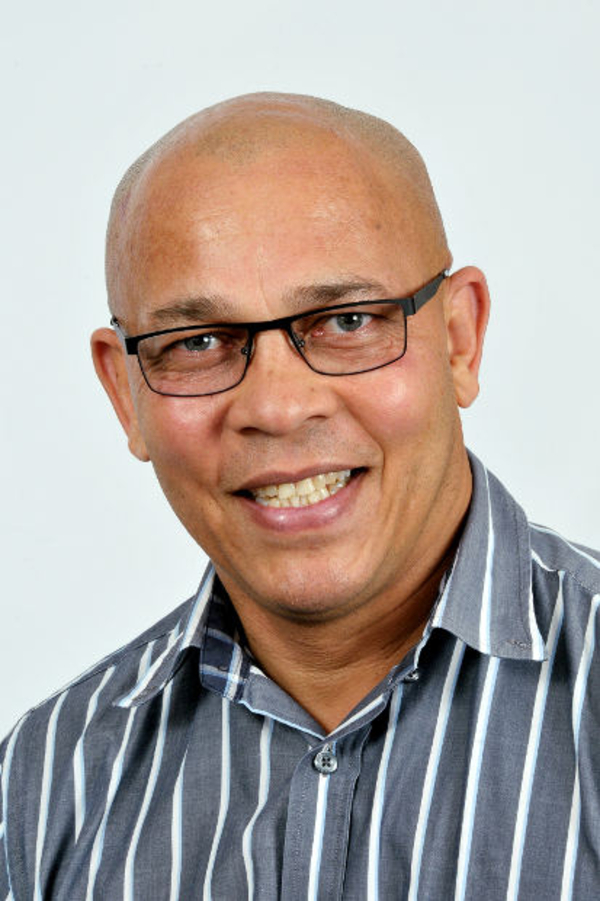Do what you believe is the right thing, 1980s activist tells students

Activists are always in a minority, 1980s student leader Llewellyn MacMaster told students in Cape Town last night.
Sharing a panel with students at a debate organised by the Institute for Justice and Reconciliation, MacMaster drew lessons from the struggles of the 1980s at the University of the Western Cape, where he was a theology student and SRC president for three years.
He said the student leaders of the time had understood the need for solidarity with their community, with workers, with other students’ struggles and with pupils in schools.
“The campus was never an island,” he said.
Student leaders then and now needed “multi-focal lenses” to focus on struggles both inside and outside the universities, said MacMaster, who described himself as “an accidental student leader” and a “Christian activist”. He is now a pastor and a manager in Stellenbosch University’s Division for Social Impact.
He said in the 1980s activists had had no time for “team-building and orientation”. The students’ action was political and the liberation of the country their objective. His first task as an activist had been to campaign for a boycott of the tricameral parliament of the time and urge coloured people not to vote.
Macmaster urged students to keep in touch with their constituencies. Accountability, personal commitment and solidarity were important.
“You can’t satisfy everyone. You’ve got to do what you believe is the right thing.”
Activists had looked after each other, he said, echoing calls by the students on the panel for “internal solidarity”. In the 1980s, he said, “the security police were busy. They could pick you up in the night. You could disappear.
“When I was on the run, people really cared.”
Asked by the audience how to show support for today’s student protests, UCT student Wandile Dlamini of the #PatriarchyMustFall movement, urged people to “decolonise your mind”. People should ask themselves if they were inadvertently contributing to the problems the students were fighting. Also, she said, supporters could contribute water, airtime and food to the protests.
She described the student movements as “leaderless but not purposeless”.
Claude Smith, chair of the Western Cape branch of the UWC alumni association and deputy national chair, said the alumni were proud of today’s students. “Our struggles are different, but they are so the same,” he said.
Support independent journalism
Donate using Payfast

Don't miss out on the latest news
We respect your privacy, and promise we won't spam you.
Next: Deputy Minister of Higher Education Mduduzu Manana
Previous: Protesters at Walter Sisulu University demand reinstatement of expelled students

This article is licensed under a Creative Commons Attribution-NoDerivatives 4.0 International License.
